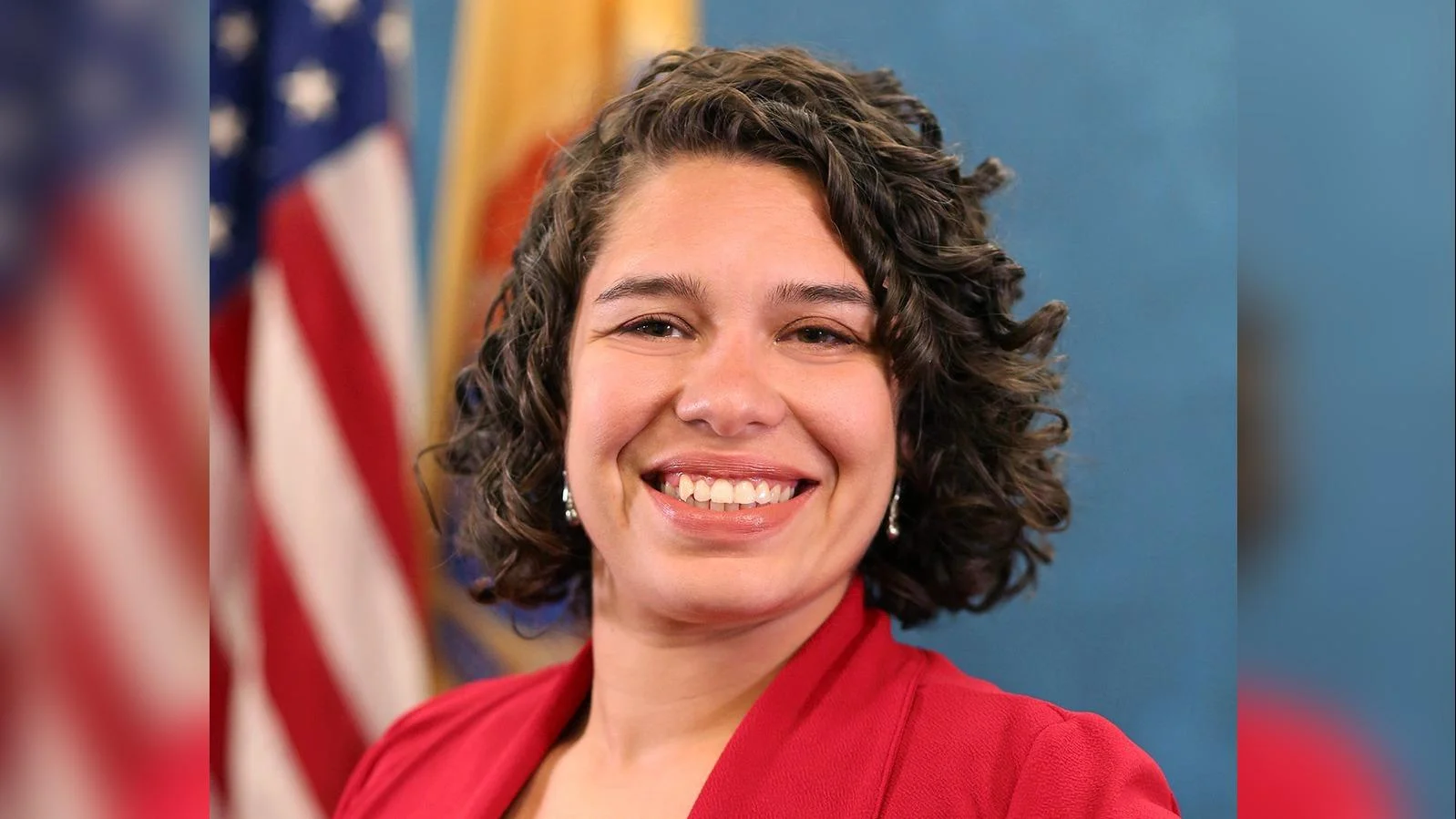
The New Jersey Department of Community Affairs (DCA) has released non-binding estimates regarding the current and future need for affordable housing in municipalities. These estimates are based on data outlined in Chapter 2 of the Public Law of 2024. The DCA conducted a thorough analysis of the data sources within the law, producing an analytical study that fairly and accurately reflects the affordable housing obligations established by legislation signed by Governor Murphy in March 2024. These calculations aim to guide municipalities in planning affordable housing development over the next decade.
The release of these estimates by the Department, meeting the October 20, 2024 deadline, underscores DCA's commitment to providing necessary data, information, and support to all 564 municipalities as they fulfill their affordable housing responsibilities under this law. This data will also enable municipalities and developers to make more accurate calculations for efficient planning on where housing should be built.
"I thank the New Jersey Department of Community Affairs for their timeliness in calculating these data and for their support in advancing our shared goal of expanding access to affordable housing," said Governor Murphy. "We look forward to seeing this law implemented for the benefit of families across 'the Garden State.'"
"These calculations will address New Jersey's housing shortage by providing municipalities with clear figures so they can better plan how to offer affordable housing options in their communities," stated DCA Commissioner Jacquelyn A. Suárez. "The new law offers a great opportunity to develop 'missing middle' housing options such as townhouses, duplexes, and other types of multifamily units that bridge the gap between single-family homes and large apartment complexes."
The law establishes a new simplified framework for setting and enforcing municipal affordable housing responsibilities under New Jersey Supreme Court’s Mount Laurel doctrine and the State Fair Housing Act. The New Jersey Judiciary will resolve disputes regarding municipal affordable housing responsibilities with assistance from a new Affordable Housing Dispute Resolution Program.
The law outlines how municipalities can receive "bonus credits" recognizing certain circumstances where units count as affordable when they have 1.5 or 2 units. This credit bonus system incentivizes age-restricted housing, special needs accommodations, and other location or purpose-specific projects like proximity to public transportation stations. It limits bonus credit units to 25% of a municipality's prospective need.
The Department will support municipalities through designated liaison agents who streamline affordable housing initiatives, helping cities meet obligations while utilizing trust funds effectively. Ongoing training for these liaison agents will further strengthen local initiatives.
These actions demonstrate ongoing commitment from the Administration toward providing access to affordable housing with investments exceeding $108 million through the Affordable Housing Trust Fund (AHTF) across 44 projects, supplemented by National Housing Trust Fund (NHTF) resources and HOME Investment Partnerships Program (HOME). Future AHTF funding prioritization will focus on municipal obligations with additional NHTF and HOME grants targeting vulnerable populations including veterans, domestic violence survivors, and individuals with special needs.
With NJHOMES set to launch early in 2025, comprehensive support will be provided for developing community-aligned affordable housing models like single-family homes, duplexes, townhouses, and accessory dwelling units fostering vibrant walkable communities serving residents at all life stages from young professionals to seniors and caregivers. NJHOMES aims at offering financial resources alongside technical assistance promoting sustainable development through competition tackling means while presenting an array of best practices zoning guidance case studies outreach materials enabling tailored community-specific solutions effectively enhanced via NJHOMES Center’s virtual physical training collaborative engagement planning technical assistance grant offerings aiding effective strategy formulation locally.
DCA provides extensive programs services covering local government administration finance production safety building planning community recovery disaster mitigation historic preservation privacy information protection among others.